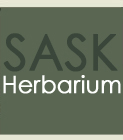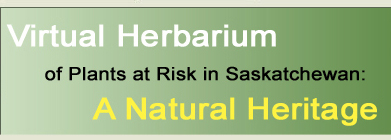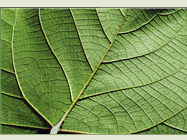
|

|

|

|

|

|

|
|
|
|
|
|
| Piptatherum canadense (Poir) Barkworth | Species Image Gallery (opens in a new window) |
||||||||||||||
| TAXONOMY | |||||||||||||||
| Family: | Poaceae | ||||||||||||||
| Genus: | Piptatherum | ||||||||||||||
| Species Synonyms: | Oryzopsis canadensis (Poir.) Torr. Stipa canadensis Poir. |
||||||||||||||
| Common Names: | Canadian ricegrass | ||||||||||||||
| DISTRIBUTION | |||||||||||||||
| Canada: | east-central British Columbia – Alberta – west-central – southeastern Saskatchewan – southwestern Manitoba, Ontario – Quebec – Newfoundland – Nova Scotia | ||||||||||||||
| Saskatchewan: | southeastern Saskatchewan; Meadow Lake – southern Prince Albert National Park | ||||||||||||||
| Ecoregion: | Aspen Parkland, Boreal Transition, Mid-Boreal Upland | ||||||||||||||
| HABITAT | |||||||||||||||
| Saskatchewan: | sandy aspen woods and tall, mixed-grass prairies | ||||||||||||||
| Associated Species: | Betula sp., Elymus trachycaulus ssp. subsecundus, Festuca hallii, Galium boreale, Poa pratensis, Salix sp. | ||||||||||||||
| RARITY STATUS | |||||||||||||||
| Provincial
Status According to Harms (2003): |
Vulnerable |
||||||||||||||
| Nature Conservancy Status: | G5 S2 |
||||||||||||||
| Saskatchewan
Species at Risk Status: |
None |
||||||||||||||
| COSEWIC Status: | None |
||||||||||||||
| Piptatherum canadense is vulnerable because it is rare or uncommon in Saskatchewan. It is only somewhat regionally restricted in the province and is usually locally numerous within a limited area. Possible threats have been identified for this species. | |||||||||||||||
| SPECIES DESCRIPTION | |||||||||||||||
| Height: | 30 – 90 cm | ||||||||||||||
| Roots: | fibrous | ||||||||||||||
| Stems: | caespitose, branched at base, glabrous | ||||||||||||||
| Leaves: | blades 4 – 15 cm long, 0.5 – 1.5 mm wide, flat to involute; sheaths smooth or scabrous; ligules 1 – 4 mm long, hyaline, truncate to acute; auricles absent | ||||||||||||||
| Inflorescence: | panicle 9 – 15 cm long, branches 1 – 6 cm long, ascending to divergent | ||||||||||||||
| Spikelets: | 1-flowered, plump | ||||||||||||||
| Flowers: | glumes subequal, 3 – 6 mm long, ovate, 1 – 3-nerved; callus hairy; lemmas coriaceous, pubescent; lemma awns 5 – 15 mm, 1 – 2 times geniculate, first segments twisted; palea similar to lemma | ||||||||||||||
| Fruits: | caryopsis about 2.5 mm long | ||||||||||||||
| |||||||||||||||